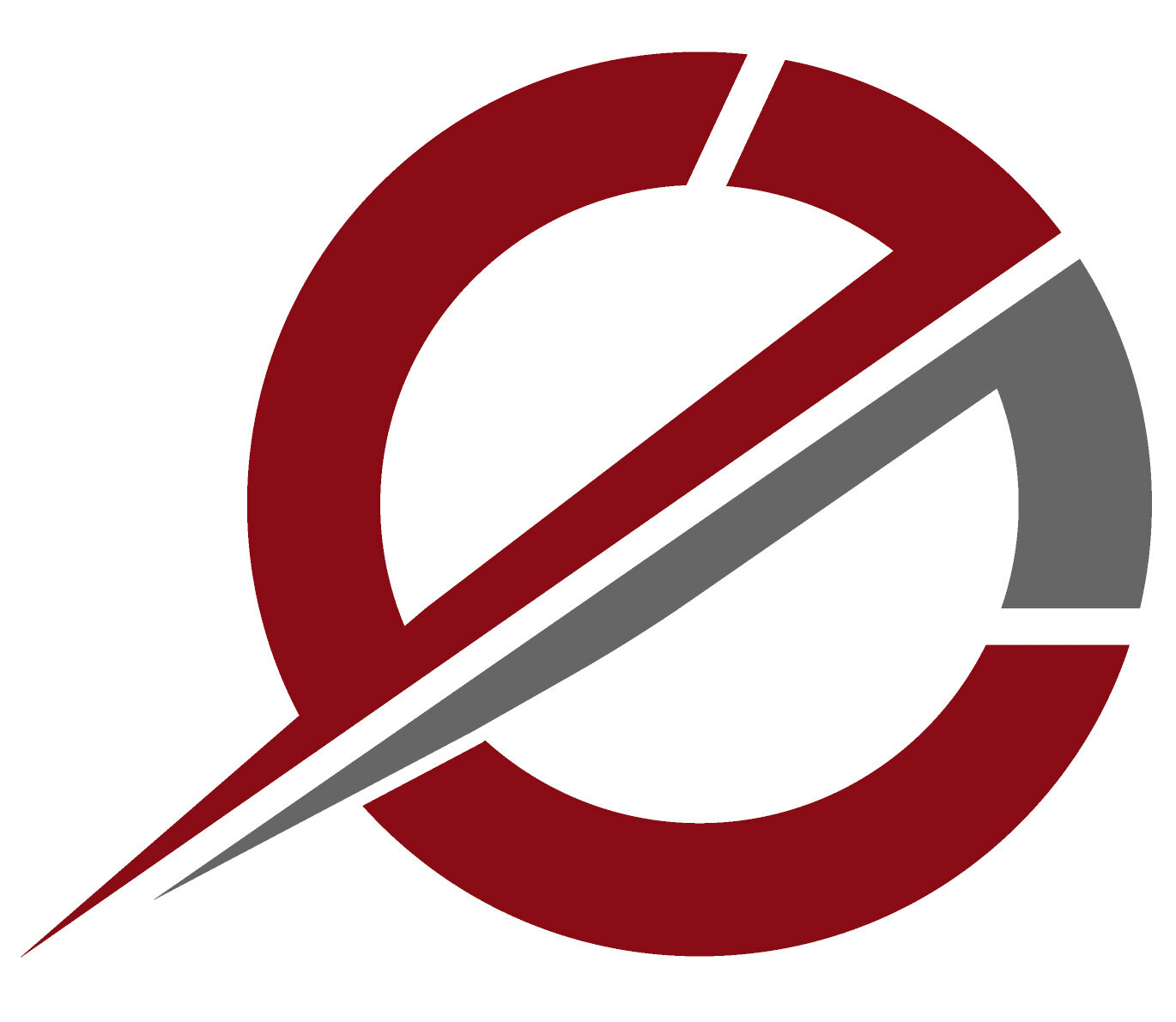Never Too Young to Set Goals and Plan! Lessons from a six-year-old
In memory of Dr. Anders Ericsson
My six-year-old nephew Watson spent quite some time with us during the last holidays. He enjoys being around his uncle and aunt, even when playing alone. During the two-week holiday break, I was working on the final details of my upcoming book, Becoming Einstein’s Teacher, but saved some of my afternoons to play with Watson.
My nephew wrote down plans for us to play together. He would first list the activities he’d like to do. Then, he prioritized them. Here is one of the lists:
· 50 (min) workout - 2
· (Play) game - 1
· 1:00 movie - 5
· (Eat) snack - 3
· (Play) games - 4
· Read (one book) - 6
Games are his favorite, but he understands the importance of working out and practice reading. That day, we read How to Catch an Elf, by Adam Wallis. Although quite simple, his planning has specific goals, such as working out for 50 minutes and one hour of watching a movie. We also had one book to read and a limited number of animal cookies to eat.
Watson’s mother called mid-afternoon to ask if he were ready to go back home. He said, “Not yet, mom, we still have two more things to do on our list.” Once written down, Watson was committed to execute his list. If my six-year-old nephew can plan and prioritize his afternoon, what would prevent him from planning and prioritizing his school activities?
Dr. Anders Ericsson, who passed away in 2020, pioneered the concept of 10,000-hour deliberate practice to become an expert on anything. His decades of research disassociated talent of excellence. His contributions to various fields, including education, are of the utmost importance to our work. Thank you, Dr. Ericsson. Rest in peace.
Children spend 16,800 hours in school, Kinder through 12th grade, sitting and waiting for someone else to tell them what to do. They never have the chance to practice decision making, and yet, once they finish high school, we expect them to have a plan for their lives. They have over 10,000 hours of practicing precisely the opposite. They are experts on awaiting someone else’s direction. How can we ask them to have a plan?
The first step to enable learners to work on their future is to practice goal setting and planning while at school. It is the first step of the Relational Learning Framework. Students learn to be specific when setting their goals, to pick achievable and measurable metrics, and plan precise tasks to reach each goal. Then, students practice over and over again, self-observing how they are performing and correcting their course whenever necessary, with the support of their teachers, in the safety of the school environment.
Specific daily planning develops goal-setting abilities, organization, work effectiveness, decision-making through prioritization, responsibility, and accountability. Planning improves self-regulation of one’s performance and self-monitoring of specific actions required to achieve particular goals. All these skills translate into perseverance and, consequently, personal agency.
Goal setting and planning forces us to state an intention. Research has found that stating clear intentions and achievable goals increases the chance of achievement by two to three times. That is why Watson told his mother he wasn’t ready to go home yet!
In this framework, your students are the ones planning, not you. The more you “delegate” these tasks and allow learners to make their own decisions, the more they will be committed and motivated to do it, and the more you are preparing them for life.
Can you see how valuable this step is for you and your students?
You can learn more about the Relational Learning Framework and its first step in my book Becoming Einstein’s Teacher: Awakening the Genius in Your Students.


